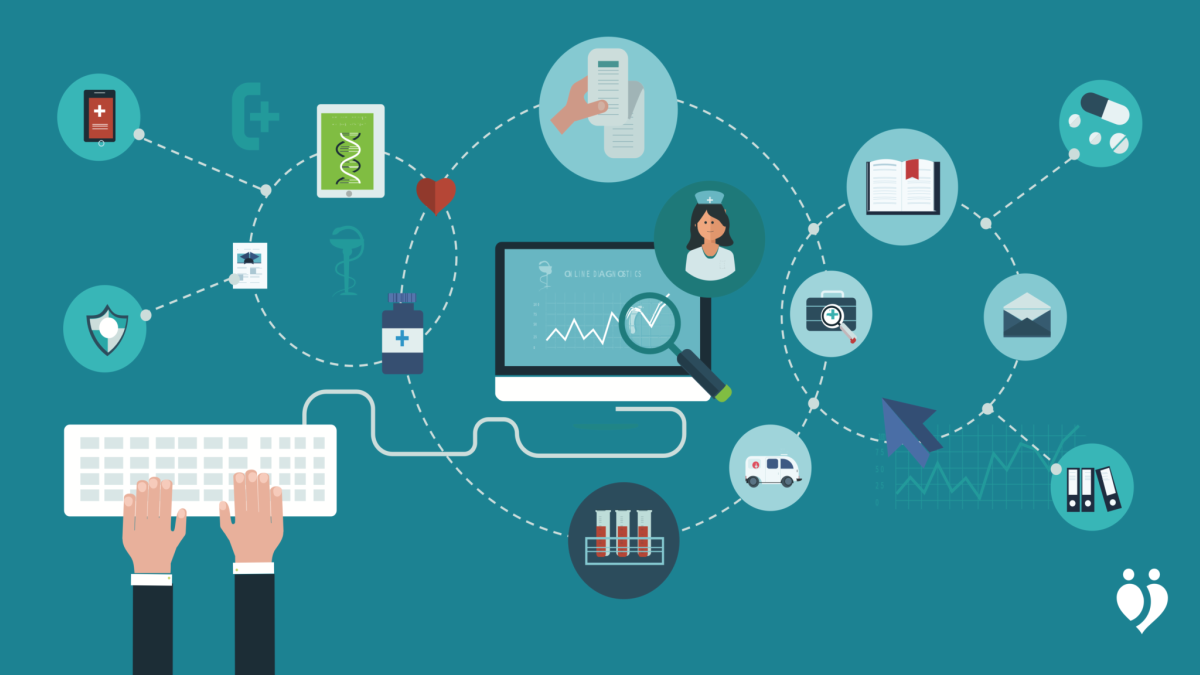


The healthcare industry in India is being transformed continuously with the latest technology. Health-tech has proved to be game-changers but there is a long way to go in utilising technology further in health-related services. Technologies like big data, machine learning (ML), nanotech, IoT, robotics, 3D printing and artificial intelligence (AI) will prove to be helpful in India’s healthcare system.
According to Tracxn data, India’s investments in health-tech amounted to a striking $571 million in 2018. Around 3,225 startups in our country focus on health-tech across divisions such as pharmacy, home healthcare, diagnostics, biotech and more. These include Practo, Clinik Healthcare, MedLife, Care.fit, PharmEasy, Bione, and CallHealth.
Certain startups intend to provide better access to healthcare resources. Whereas other health-tech startups like Bhookha Haathi, an AIbased nutraceutical company working in the field of health, helps the users with medico-health assistance.
Elie is a medical assistant service via app and gadget. It is a software service for providing healthcare services, patented by Bhookha Haathi. Elie is a go-to platform for services including health insurance, hospitals and health companies. Healthcare startups and companies are leveraging available data and technology to boost productivity and efficiency. Case in point: telehealth apps are bridging communication between patients and doctors via video consultations.
A number of patients are being treated at home via telemedicine thereby leaving precious hospital beds for those who really need it. “Healthcare startups have made it possible for people to stay home and gain access to quality doctors for their non-emergency needs. This has considerably reduced pressure on the already exhausted healthcare infrastructures across the globe and that’s remarkable,” believes Dr Harshit Jain, founder and CEO of Doceree.
He adds that the role of telehealth startups is crucial at this juncture. People find huge relief in the fact that they can talk to doctors online when visiting them at clinics or hospitals around the time of Covid-19 can expose them to potential health risks. Also, it reduces the burden on healthcare providers.
Health-tech startups are also successfully treating life-threatening diseases like cancer. Karan Chopra, founder of Hospido, says, “We are helping cancer patients continue their treatment especially in smaller towns via teleradiology and telemedicine consults. Patients are speaking to leading radiologists for their test reports, doctors for health-related questions, physiotherapists for their exercise sessions, and psychologists for the stress they are undergoing. We also utilise intelligent remote video monitoring to make sure our nurses and doctors are giving the right cancer treatment in smaller cities.”
The pandemic has also given a boost to fitness related startups as people have started giving more attention to their health. “Covi d-1 9 has really pushed online health and fitness platforms to top gear. For the first time, all fitness and non-fitness enthusiasts are looking only at the online space for their requirements, in what used to be an offline-dominated industry. The users who never even used to track their fitness activity started doing so as more and more people are getting infused into this ecosystem,” opines Shivjeet Ghatge, CEO and co-founder of StepSetGo.
“As the pandemic hit, people found themselves restricted to the confines of their houses which limited their movement greatly. We had to come up with innovative ways for the users to be up and about. If the users stay healthy, it will strengthen their immunity – this was our plan. Our application aims to instil healthy habits by making fitness simple, fun and rewarding,” says Ghatge. The app has features such as higher rewards for indoor steps, ‘turbo time’ to remind users to walk every other hour (for 15 minutes) and games which are unlocked by the number of steps. The more you want to play the game, the more you need to walk.
Resources for counselling and psychological support are limited and scattered around the country. The need for them was felt even more in the past few months due to the fears associated with Covid-19, anxiety, depression, paranoia and more. However, in recent times, several online counselling platforms have come up, providing easy access to good psychologists from all over the country. “Online counselling companies have supported mental health care during Covid-19 as, undoubtedly, the pandemic is draining people emotionally, resulting in increased anxiety, stress, depression, suicidal tendencies or the fear of losing someone during this time. However, advanced tech platforms using AI, NLP, emotional analytics and data-based mental health counselling programs have helped people fight back their negative feelings,” informs Vivek Sagar, founder and CEO of HopeQure.
It is evident that Covid-19 has sparked the demand for digital health-tech platforms. Talking about it, Dr Jain says, “It is a well-known fact that the healthcare and pharmaceutical sector has been a laggard in digital adoption. However, Covid-19 changed the scenario for healthcare businesses and the general public too. The lockdown triggered the use of digital health platforms on the back of concerns around health safety. The adoption has been significant in the pharmaceutical sector too as the pandemic forced sales representatives to stay indoors, leaving brands to establish connect with doctors through the digital medium.”
Covid-19 has certainly broken the mental block towards digital health platforms, and this will result in further adoption of digital means in the health and pharma sectors. Even though sharing personal health information on digital health platforms raises doubts about security and privacy and puts a question mark on reliability, the ascent of health-tech startups in India means enhanced overall well-being and efficiency of health-related services.